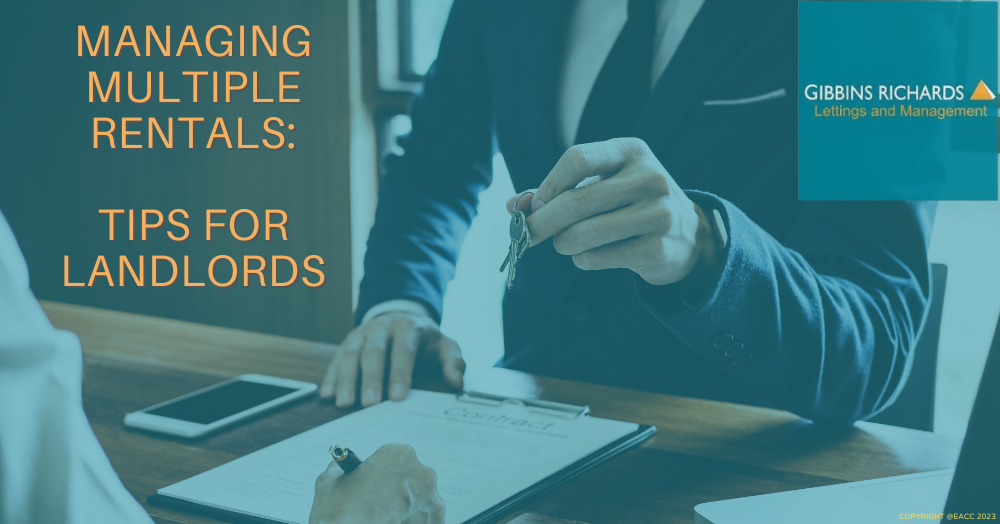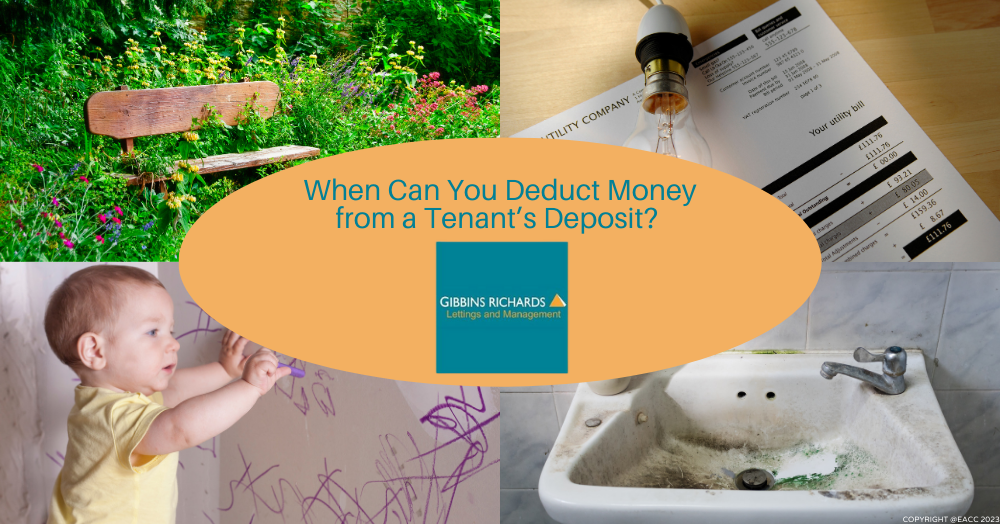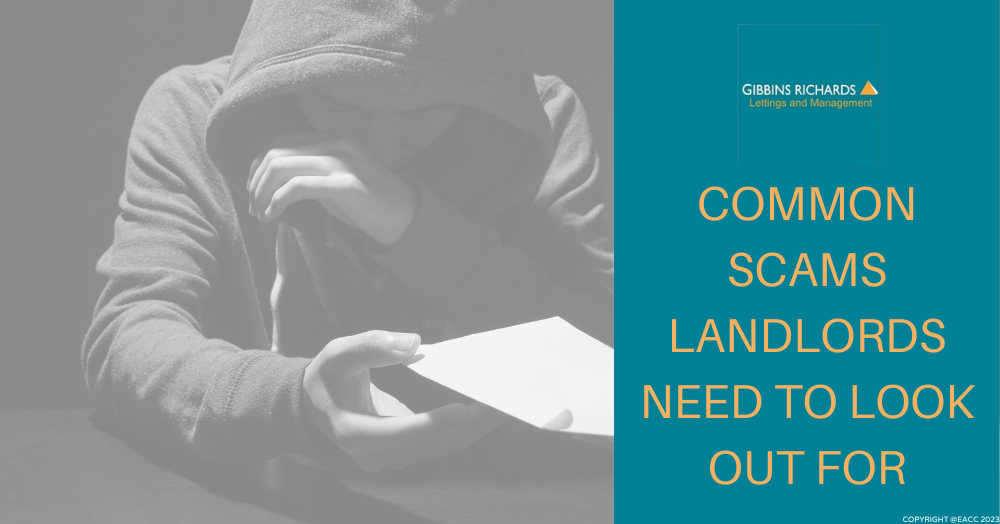Blog
- Details
- Hits: 496
Turn Your Rental Property into Somewhere You Love
Whether your rental property is a blank space you just sleep in, or it’s a new family property, it’s important to make it feel like home. So, how can you fall in love with your rental without breaching tenancy rules?
You could be a long-term renter or maybe a flat-sharer, but one thing is for sure, making the space your own will immediately change the way it looks and feels.
In this quick read, we look at ways to love your rental without falling foul of any tenancy agreement rules and stipulations.
Check what’s allowed
Before you decide to do anything, make sure you know what you can and can’t do. Whilst your deposit is protected by law, you could lose it by changing the décor without permission. The same goes for drilling holes into the walls.
As a tenant, you don’t automatically have the right to make any alterations to décor, but if you’re keen to change things, have a chat with your landlord to see if they’re open to suggestions. Remember, a landlord is responsible for repairs and maintenance, not for redecorating.
Landlords know that good tenants are hard to find, so if you’re willing to invest in a property to improve the way it looks, they may take a favourable view.
Furnished or unfurnished?
If you’ve moved into an unfurnished property, then installing your own things will automatically make a house or flat feel more like your home. It might just be a bed or wardrobe, but at least it’s yours.
Have a think about what’s important to you before you start looking for a rental. Do you want your own bits and bobs, or are you happy to make do with what’s provided.
Go green
Plants are a great way to make a space seem homely, and they won’t breach your tenancy agreement. If you’re green-fingered, go crazy with house plants around the property to brighten things up. If you can’t keep a cactus alive, then there are plenty of inexpensive plastic plants available that look great and never lose their leaves.
Photos and art
Framed photos of you and your loved ones (or whatever you like) immediately add a personal touch. If you’re thinking about hanging frames or pictures on the wall, look for options that don’t leave a mark once removed. Think about creative ways to display art, like easels or (if it’s large enough) propped up against a wall.
Cosy additions
Just because a sofa comes with cushions on top of it doesn’t mean you have to use them. Pack them away for safekeeping and add your own colourful pillows/cushions to chairs and sofas to surround yourself with things you love. Blankets and throws are also a great way to personalise boring pieces of furniture.
If you’re looking for a new rental property, give Gibbins Richards Lettings and Management Ltd a call today.
- Details
- Hits: 549
Managing a Property Portfolio: Tips to Save You Time and Money
How do portfolio landlords deal with the multitude of tasks and mountains of red tape that come with managing several properties? Read on to find out.
Owning a portfolio of rental properties can be a great way to earn income and build up a tidy nest egg for the future. But be warned: you can’t afford to wing it.
If you’re disorganised with deposits, rent payments, inventories and maintenance, you’ll wind up out of pocket.
And if you don’t keep up with the hundreds of rules and regulations that apply to landlords, you could be fined or jailed.
Then there are emergencies: if a pipe bursts or a boiler breaks down at one of your properties, you’ll need to act quickly.
So how do successful landlords with multiple rental properties do it? Here are nine ways to make managing a property portfolio easier and more cost-effective.
- File paperwork securely and methodically. This will help with the day-to-day management and will be useful if there’s an end-of-tenancy dispute.
- There are strict rules about how often you need to get the gas and electrics checked – failure to do this is a serious offence. Set reminders, so that you get your safety certificates in good time.
- Have a trusted team of contractors in your contacts book. Having reliable tradespeople on call for repairs and maintenance will save you time and money.
- Keep a compliance sheet for each property, so you remember to register deposits, take meter readings and check smoke alarms.
- Schedule inspections in your diary and ensure tenants receive reasonable notice (this is specified in law) about when you plan to visit the property.
- Join a landlord membership organisation to get regular updates on changes to housing law.
- Consider getting multi-property landlord insurance. This will allow you to insure all your properties on a single policy and means you only have one renewal date to remember. Different terms and conditions apply, so do your research.
- Use a good accountant. They’ll ensure you file tax returns on time and advise you on what you can and can’t claim.
- Enlist a top letting agent. If you’re allergic to admin and prefer freestyling to sticking to a schedule, you can still be a portfolio landlord – you just need an expert on your team. A letting agent will take the burden of juggling multiple properties off your shoulders and be on call if there’s an emergency.
Contact us here at Gibbins Richards Lettings and Management Ltd today to find out more about our property management services.
- Details
- Hits: 543
How Landlords Can Be Fair When It Comes to Deposits
The end of a tenancy agreement can be stressful for landlords. You need to make sure the property isn’t vacant for long and there may be a need for repairs and maintenance. Then there’s the deposit release process and decisions about whether you need to make any deductions.
Services such as the Tenancy Deposit Scheme (TDS) and Deposit Protection Service (DPS) have reduced the controversy around returning deposits. There’s a formal dispute resolution process that both landlords and tenants can apply to if there are disagreements.
In this three-minute read, we look at the dos and don’ts of deposit deductions.
Reasonable deposit deductions
Your property should be returned to you in the condition that it was found in (excluding fair wear and tear), and your expectations should have been set out in your original tenancy agreement. For example, if the property was handed over after being professionally cleaned, it is reasonable that it’s cleaned to the same standard on the way out.
Reasonable deductions can also be made for the following:
- Unpaid rent or bills
- Damage caused by tenants
- Missing items (in the case of furnished properties)
- Gardening
Fair wear and tear
An area that causes trouble when it comes to returning deposits is the concept of ‘fair wear and tear’. This is anything that could be caused by everyday living. For example, scuff marks on the walls can occur quite easily and would fall into the category of ‘fair wear and tear’. However, a dent in the wall or broken window could be seen as beyond the usual level of wear and tear and therefore be deductible.
It’s also important to be fair. So, if one kitchen cupboard has been broken, it wouldn’t be fair to try and reduce the deposit by the cost of replacing an entire kitchen. Additionally, the level of wear and tear differs depending on the number of tenants in a property and the length of time they’ve been there.
How to avoid deposit disputes
The best way to avoid deposit disputes is to pay for a thorough inventory before a tenant moves in and after they leave. Using a third party to assess a property and take photographs offers a fair and balanced approach to any potential deposit disputes that may arise. An inventory will be vital evidence should a deposit matter be taken to arbitration.
What to do if you’re unsure
Your letting agent can be a great source of help if you’re unsure whether to make a deposit deduction. They have the experience of viewing and assessing hundreds of rental properties and will be able to ascertain whether an issue is classed as damage or fair wear and tear.
Our team at Gibbins Richards Lettings and Management Ltd are here to help if you’re looking for new tenants. Get in touch today to start the tenant-finding process.
- Details
- Hits: 630
Common Tricks Used to Swindle Landlords – and How to Avoid Them
Scammers are using increasingly sophisticated tactics to make a fast buck, often leaving landlords out of pocket or caught up in messy legal disputes.
Read on to learn about the most common scams targeting landlords and how to protect your rental property.
Falsifying documents
The wonders of technology mean it’s much easier these days to make convincing fake ID, and doctor payslips, bank statements and references. As a result, landlords could be duped into taking on a tenant who isn’t who they claim to be, has a bad credit history or plans to run a criminal operation from the property.
Solution: Take your time with the referencing process. Be wary if a tenant offers to pay a large sum upfront to circumvent the usual referencing process.
Subletting
Subletting can lead to overcrowding and increased wear and tear on your property. It may also invalidate the terms of your mortgage and insurance. The bottom line is you need to know how many people live in your property and who they are.
Solution: Make sure your rental contract explicitly bans subletting and carry out regular inspections.
Home hijackers
How the ruse works is a tenant changes their name by deed poll to the landlord’s name and obtains ID. They then put the property on the market for a knockdown price, insisting on a cash buyer and a quick sale (so the sale can be pushed through with as little scrutiny as possible). When the estate agent and solicitor request to see ID as part of the selling process, the scammer shows their newly obtained ID in the landlord’s name.
If no one clicks during the process that something is awry, the buyer can hand over a large sum of cash, thinking they’ve bought a property. While the buyer is the one that ends up out of pocket, the genuine owner of the property may have to jump through quite a few hoops to prove ownership.
Solution: Properties that don’t have a mortgage or have not been sold or mortgaged since 1998 are more at risk. Landlords should ensure their property is registered with HM Land Registry and sign up to receive an alert if an application or search is carried out on the property.
Also, use a letting agent’s services – especially if you don’t live close to the property and can’t carry out regular inspections yourself.
To find out about our property management services, call us today at Gibbins Richards Lettings and Management Ltd.
- Details
- Hits: 523
What to Do If Your Tenants Fall Out: Tips on Joint Tenancies
Joint tenancies can be a great way for friends and couples to share costs and a steady source of income for landlords – but they’re not without their challenges.
Friends can fall out, couples can split up, and rows about who used all the loo roll or spilt red wine on the carpet can escalate into toxic disputes.
Sadly, the current cost of living crisis, which is causing much anxiety among renters, may further complicate things.
According to a recent survey*, three in five people living in shared accommodation say rising energy bills are a source of tension among flatmates.
And more than half of those surveyed also expressed concern about flatmates leaving the heating on, not switching lights off and taking long baths.
So that landlords don’t find themselves caught in the middle of tenant disagreements or drawn into end-of-tenancy disputes, it’s essential to manage joint tenancies carefully.
Here are some top tips
Make sure all tenants attend the viewing. Never accept a tenant you’ve not met based on someone else’s word.
Ensure tenants understand they are liable for all rent and damages (this will be covered in the contract). Some people mistakenly assume that if, for example, they’re one of two people named in the agreement, they’re only liable for half the costs – not true! If one tenant falls into arrears or causes damage, the landlord can ask any or all the other tenants to pay up. The same applies to end-of-tenancy deductions; these are taken from the overall deposit.
Always encourage tenants to resolve their own disagreements. You’re not Oprah Winfrey or Judge Judy, so resist any attempts from tenants to get you to play counsellor or act as ‘referee’.
Always communicate with all tenants. Never assume that one tenant will pass information on to other tenants. It’s not their job to do this – it’s yours.
If there’s a dispute over damages or an issue with arrears, contact all tenants to explain the situation and remind them they’re all liable. Sometimes the other tenants in the property can play a helpful role in resolving the situation.
Always remain empathetic and professional.
For more advice about managing tenants or our property management services, contact us today.
*Comparethemarket, November 2022














